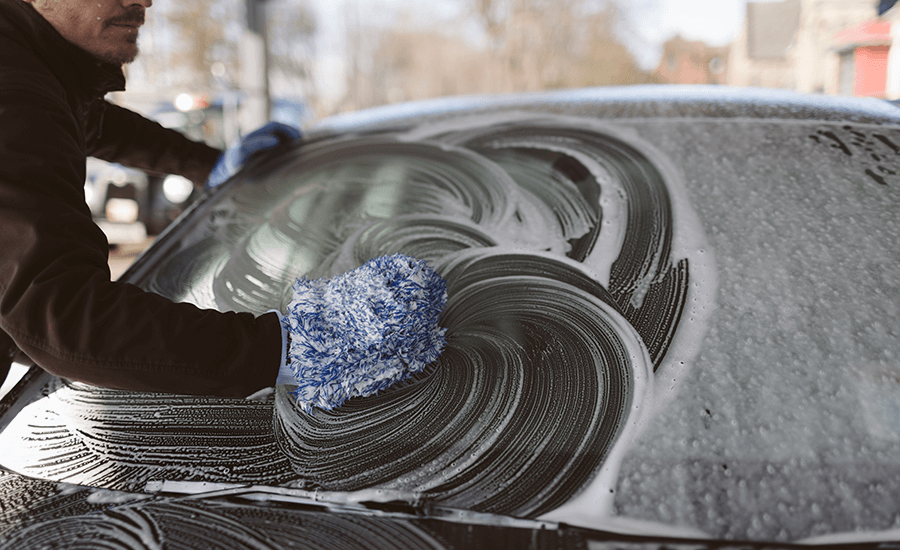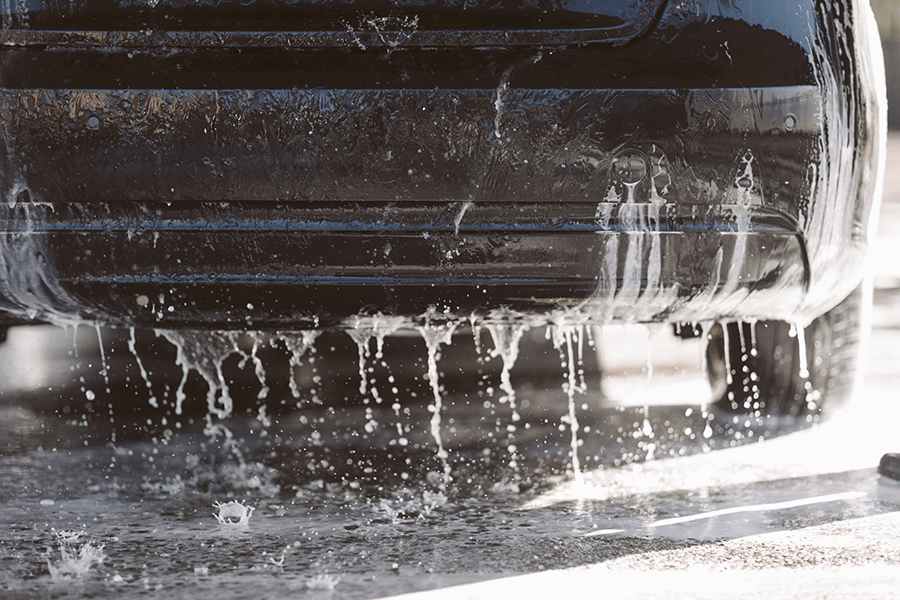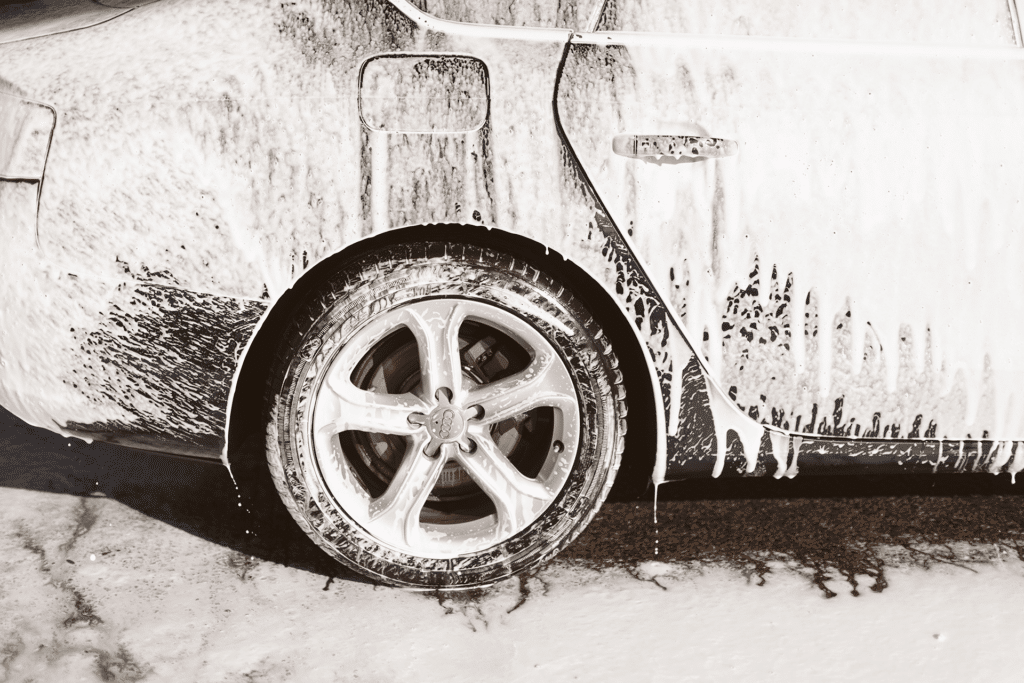Before it can be treated, the wastewater goes through a filter that captures any object larger than 6mm. The most common objects collected in the pre-treatment stage are sanitary towels and tampons, wet wipes, twigs, leaves… anything and everything that ends up in the drains will be collected by the filters. This debris is collected and disposed of, and the wastewater is then ready to go through the three stages of sewage treatment.
The water flows from the filter through to a settling tank. This is where debris sinks to the bottom and oils float to the top, allowing the debris to be collected and disposed of. The heavier debris, known as sludge, is collected by a scraper that extracts it from the tank.
The sludge is then dried out into ‘sludge cakes’ to be used as agricultural fertiliser. However, many water companies are converting them into renewable energy to help power the treatment plant. This can be produced either by anaerobic digestion or by incineration.
Typically, around 50%-70% of solids and 65% of oil and grease are removed during the primary stage.


After the visible sludge has been removed in the first stage, the cleaner water flows out of the settling tank and on to an aeration tank for the secondary stage. The water is still contaminated by invisible organisms, so air is pumped into it along with useful bacteria that feed on the harmful bacteria and metabolise the organic matter.
The treated water is then moved to the tertiary stage. At this point there are still chemicals and contaminants that need to be removed from the water, such as nitrogen, phosphorus, heavy metals and other organic matter. The water goes into a final settlement tank where solids, including the useful bacteria, sink to the bottom and are collected as sludge. The water is then filtered through either sand filters or cloth filters to capture any remaining particles. The water is then disinfected in one of several ways – through the addition of chlorine, ultraviolet treatment or ozone treatment – before being released into rivers.

Since the deregulation of the business water market, if you run a business, public body or charity in England or Scotland, you can choose your water and wastewater retailer, similar to how choose your energy or telecoms provider.
As an interesting side note, sewage has been found to contain a significant amount of gold. Researchers have estimated that in cities of a million people, there are precious metals such as gold, silver, platinum and copper in the biosolids that are worth up to $13m annually. Indeed, one treatment plant in Japan has been extracting thousands of pounds worth of gold from the ashes of incinerated sludge for a number of years, yielding more gold than even the top gold mines. And now scientists in the UAE are developing an additional wastewater treatment that will extract all metals from biosolids, making the sludge safer to use as fertiliser and with the potential of reclaiming gold and other precious metals for future use.
If you would like to see more about our services, business water services & wastewater management services, don’t hesitate to get in touch.

Our expertise and market leading technology combine to make the process simple for you.

Full-service support for correct consents and licenses and the application process.

Consistently reliable, hassle-free bills from our market-leading billing platform.

Support and data reporting to help sustainability and environmental targets.
Trade effluent consent is a vital part of wider legislation which protects the environment. It’s illegal to discharge trade effluent without consent and doing so carries the risk of prosecution and fines.